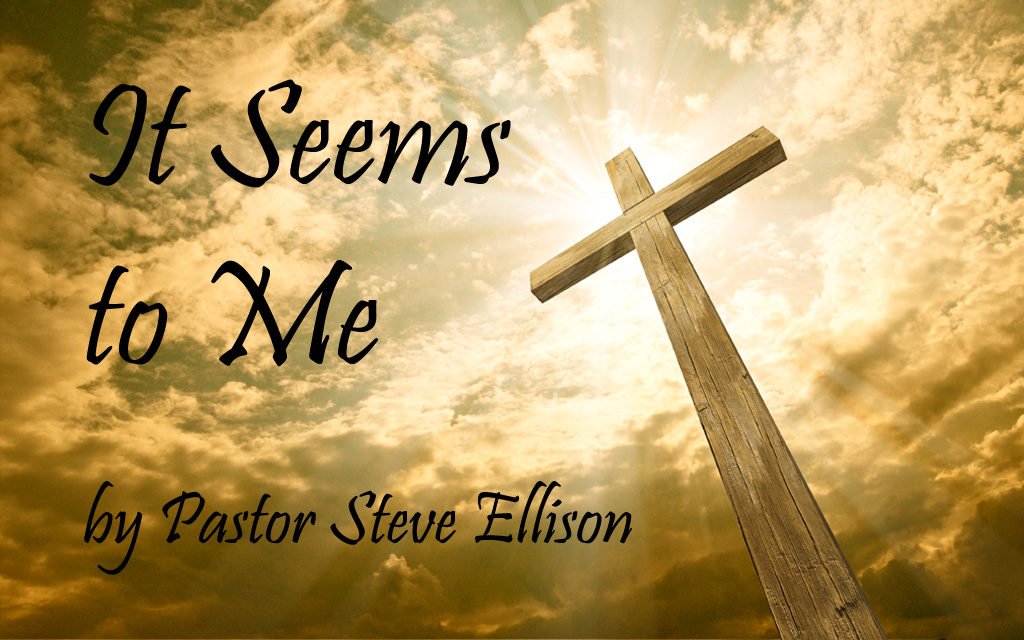by Pastor Steve Ellison
False pride and rebellion against authority cause many of our problems. Adam and Eve rebelled against God’s clear command. I have inherited that bent toward rebellion and not only am I inclined to rebel, sadly I do rebel. It is a sad fact of human nature, that when someone tells us what to do, we become at the least, defensive. Worse, we often go on the offensive. Who among us has not muttered under our breath or said in our hearts, “You can’t tell me what to do!” That attitude brings much unnecessary trouble upon us, upon the authority figure who gave the instruction, and upon others who happen to be in the neighborhood.
Ecclesiastes 8 tells us how to deal with this issue. Verses one through nine describe the relationship between a man and an authority figure over him. Solomon’s premise is that a wise man can avoid the wrath of the authority. Solomon also addressed this in Proverbs 14:35, 16:14, and 20:2. A wise man will realize that it is in his own best interest to keep his bosses happy. Why do I have so much trouble with that? It is not so hard to remember it, as it is hard to live up to it. Solomon gives a second reason for obeying authority. He tells us to remember our oath to God to obey authority. The New Testament repeats this admonition in Romans 13, 1 Peter 2, and Titus 3. Our natural inclination to rebel makes this a difficult command; nevertheless, it is a direct command from our Lord.
Thirdly, Solomon turns his attention to the wisdom required to be a good subordinate. Discernment is needed to determine proper procedure and proper timing in obeying. Solomon rightly points out that we spend much time worrying about things we are afraid might happen. We waste much time and bring much trouble upon ourselves by worrying about that which may never happen and if it does, we have no control over it. We cannot predict what will happen, thus we cannot predict the timing of any event. Thus, it is a blessing to simply be called to follow instructions, rather than make decisions. There is peace in being freed from such responsibility.
Solomon closes this passage by explaining that he had been studying this situation and had seen much pain come as a result of one man exercising authority over another man. The passage is not clear if he is indicating pain to the one in authority or to the one who is under the authority. Maybe that is because Solomon means both. Each sometimes gets hurt in this relationship. Solomon is trying to help us avoid that hurt.
Certainly, there is a time for civil disobedience. Surely there is a time to question authority. Absolutely, there is a time to walk away from a job that requires us to do something that violates the will of God. Solomon gives a word of advice in Ecclesiastes 8:3. He warns us not to be hasty in coming to the above conclusions. The rest of Scripture warns us that when we do choose that course of action, to be ready and willing to pay the consequences. Joseph, Daniel, Nehemiah, Peter and John, Paul, etc. provide excellent examples from whom we can learn much. However, it has been my experience in my own life and in observing the lives of others that self-pride and sinful rebellion is the most common cause of failure to obey authority. Be wise and be careful. God has given us a command and as always it is for our own good. Rebelling against human authority almost certainly will cause you trouble. That is because it is usually also rebellion against God who instituted that authority over you.





